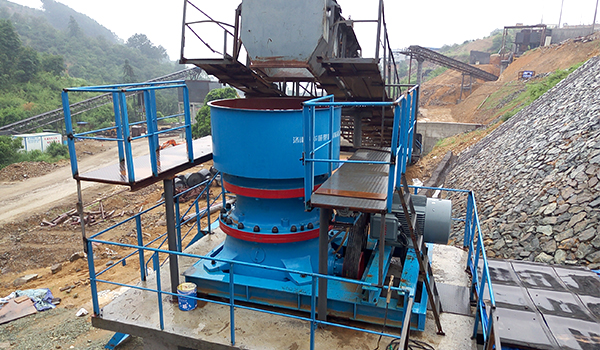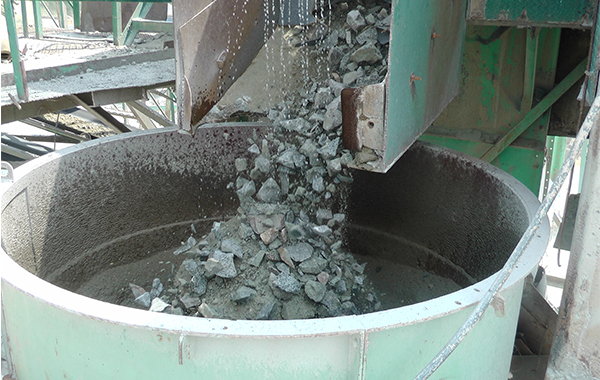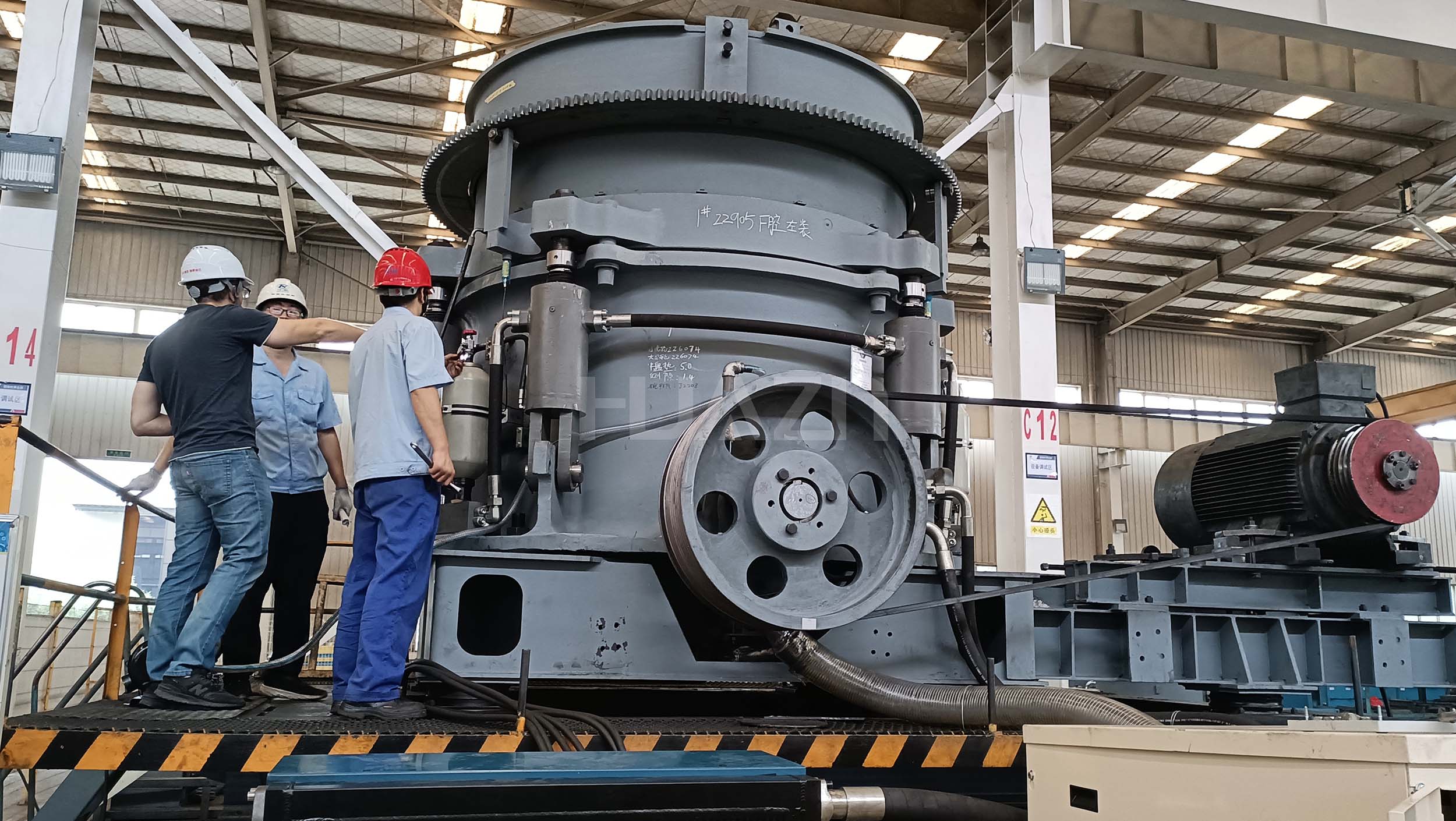The process of gravel sand making often involves encountering some hard rocks. There are several reasons for this:

1. The construction of high-standard engineering projects, such as highway pavements, airport runways, and high-strength concrete structures, often requires aggregates with a specific level of compressive strength.
2. The best feeding range of some projects only includes hard rock. If you have to transport soft rock material from a far distance, it is likely to increase the transportation cost as well as the cost of crushing the hard rock.
3. The construction of highways and high-speed railways often involves the excavation of mountains and tunnels, resulting in a surplus of unused materials. Even if these materials are hard rock, they can be effectively utilized for producing construction sand and stone.

For hard rock crushing, most crusher manufacturers will recommend cone crushers. However, a small number of manufacturers may not be willing to make this recommendation. Nevertheless, cone crushers are indeed the key equipment for overcoming the challenges of hard rock crushing. Additionally, their wearing parts have a durability that is 5-10 times higher than that of impact crushers.
The cone crusher comes in various types, including spring cone crusher and hydraulic cone crusher. In fact, it serves as a protective device to prevent iron from damaging the machine and ensure uninterrupted production. The hydraulic cone crusher excels in this aspect, making it widely used for crushing hard rocks. It is considered one of the essential equipment in the production line for hard rock sand.

The HP multi cylinder hydraulic cone crusher has exceptional crushing capacity and particle shape optimization ability, ensuring that the construction aggregate produced fully complies with the mixing station’s quality requirements. In today’s era of efficiency and quality, the popularity of the HP multi-cylinder hydraulic cone crusher is undoubtedly growing.

